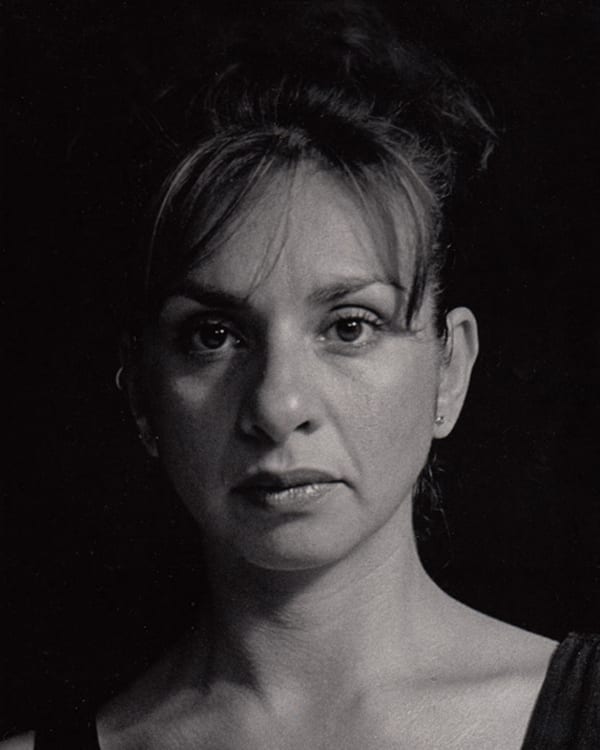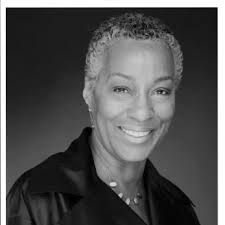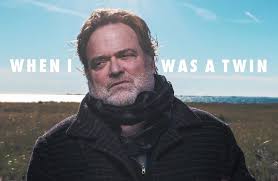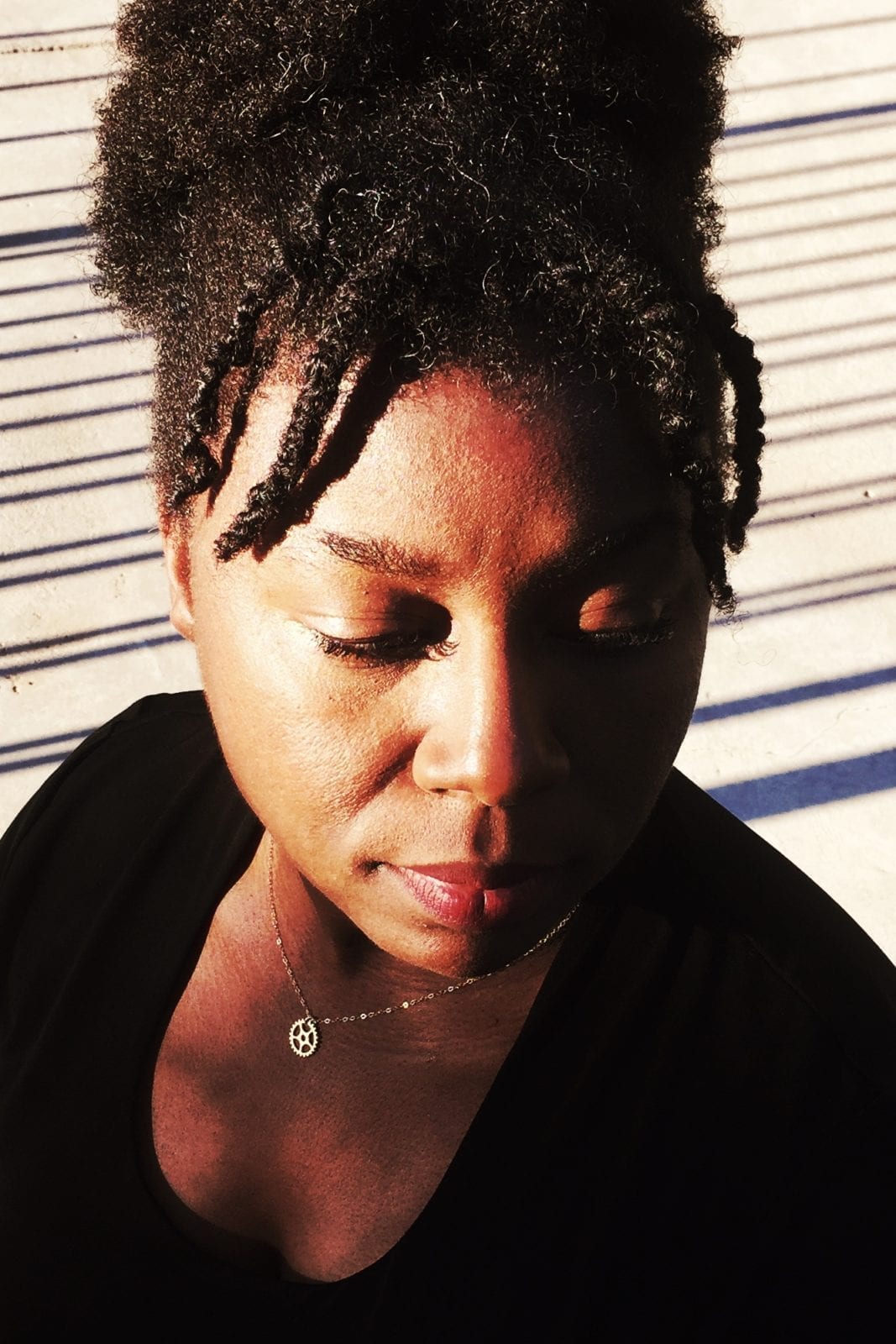Though the newest version of the Echo is decent, you can get a better response to life if you use your own voice—i.e. the Personal Echo. The Personal Echo is in high demand because it offers the gift of someone else controlling your life, but doing it in a way that feels as if you are talking to yourself. And truly, what writer wouldn’t want that?
Category: Thoughts and Musings
A Horse Named Kansas
I was welcome to stay at her house as long as I wanted, but had to come with her out to the ranch to meet and feed her horse, Kansas.
To Blog or Not To Blog
To blog or not to blog–that is the question, writers. Whether it is nobler to essay than to blog is a serious matter, and not everyone can do it or do it well.Because to do it well, one must face the truth of blogging and accept it: it’s a genre. It has rules. It requires… attention to craft.
Toiling in the Labyrinth: On Reading Literature Critically
My purpose for reading literature critically rests on two sloping planes. On the first plane is pleasure—experiencing the epiphany of understanding, a resolution to my inquiring mind. In other words, the Aha! moment. It’s the immediate gratification of critical thinking, which may be a purpose in of itself. However, beneath that first pleasurable plane, for me, is the second, more self-reflective plane.
On Language, On Sophisticated Style
I am an unabashed Language Freak. Word Freak. Sentence Freak. Grammar and Punctuation Freak. I am deeply in love with what William Golding called “that massive instrument” the English language. For me putting words down on paper is like playing a finely tuned piano. No wrong notes, please! My instrument is too precious to misuse.
Two Questions
A writer’s most valuable tools are not the pen or keyboard but rather her ability to listen, to pay attention to things, and to know the right questions to ask.
Embracing the Personal
“It all just feels so… personal.”
N is a new student of mine, one who has worked in the theater industry for years, but never written a play before. He called me before our first week of class, and I could tell he was feeling intimidated by the process of playwriting. We discussed some exercises he could do and some of his favorite plays and playwrights, and I think I assuaged the majority of his concerns. His one lingering reservation:
“It’s just so personal.”
From Fear to Yearning to Write Fiction Now
“Fiction is the art form of human yearning.” – Robert Olen Butler
“We are living in the most fearmongering time in human history.” – Barry Glassner
“I think what we need to do is to remind people that the Earth is a very dangerous place these days. That ISIS is trying to do us harm. And that the president’s commitment is to keep the country safe.” – Sean Spicer
A Holiday Potluck of Literature
Welcome to a table piled with a potluck of literature. If you think about it, all writers and readers are connected by our own ancient internet of literature.
What Is Writing For?
What is writing for?
I confess that, after having taught creative writing for more than 35 years and read tons of student writing I don’t remember and tons of good and great books by good and great authors I also don’t remember, I sometimes find myself wondering if we really need any more new writing.
Acknowledgements
Last week I finished my first pass page proofs for Shadow Child, my new novel coming out in May. I started it in the year 2000. Holding those pages in my hands, with their elegant design and their printing marks, I was amazed at how much effort has gone into the creation of this book,… Continue reading Acknowledgements
Amtrak Writer’s Residency: Rail Tale
I’m writing to you today from the Amtrak quiet car, on a southbound train somewhere in New Jersey. Although the Amtrak Writer’s Residency Program is “currently evaluating the future of the program and do not have a timeline for when the next submission process will launch,” you can still pay out of pocket for a DIY Amtrak residency. That’s what I’ve been doing in 2017, now that my full-time teaching job is in Virginia and my fiancé is a theater director in New York.
The Indoor Secret Movie Voice
As soon as
you find your voice, you’ve lost it
On Deadline and On Holiday
On deadline and on holiday? How is a writer to cope?
On Deadline and On Holiday
On deadline and on holiday? How is a writer to cope?
Thanksgiving is here and my desk, which is usually covered with story notes and research books is now also covered with cookbooks and shopping lists. My laptop windows range from comic book scripts to “how to cook a turkey in 45 minutes” articles. Needless to say, it is a confusing time for a writer. When you are on deadline and on holiday, how is a writer to cope?
The Fries Test: On Disability Representation
Twenty years ago, I edited Staring Back: The Disability Experience from the Inside Out, the first commercially published multi-genre anthology of writers with disabilities writing about disability. The anthology was published by Plume. In the introduction, I wrote: “Throughout history, people with disabilities have been stared out. Now, here in these pages — in literature of inventive form, at times harrowingly funny, at times provocatively wise — writers with disabilities affirm our lives by putting the world on notice that we are staring back.”
FIVE STORIES OF THE BODY: Anecdotes of Academia, Sexual Harassment and Abuse
I walked away and sat trembling on the back step of an abandoned building on campus, embarrassed. Later, at home, still thinking about it and unable to shake the feeling of being somehow exposed to view, I made myself a cup of tea and ate a slice of buttered toast…
Unpacking the Passed
A college professor of mine, the indomitable Beth McCoy at Geneseo, liked to use the word “unpack.”
“Unpack that statement for us,” she’d say in class, meaning, Give us the meat. Tell us how you got there, what it means.
Call and Response
The entire play is built on this invisible structure of call and response. The call is the spoken word. The response is flesh. The word made flesh. It is tied to the Yoruban concept of Nommo, which loosely translated means: “speaking makes it so.” Nommo is also a Dogon word from Mali that refers to the power of words to create reality and build community. You will also find this idea in the book of Genesis.
packing up my summer book: 20 lines
There is a stack of summer books on the floor still to return to the library, that have reached their renewal limit, overdue.














